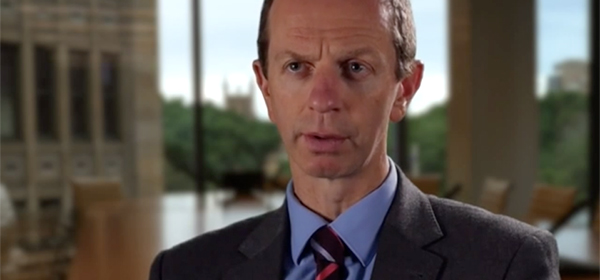The Australian Securities and Investments Commission (ASIC) has revealed evidence of banks working against the best interests of their customers, offering advice that is purely self-serving.
The ASIC investigation into conflicts of interest apparent within the Big Four banks and AMP showed that these financial institutions failed to pass the ‘best interests test’, with which they are legally required to comply.
The Big Four plus one, ANZ, CommBank, NAB, Westpac and AMP, now known as the Big Five, were targeted because they are vertically integrated organisations, meaning that they sell financial products, such as superannuation and insurance, as well as other advice services.
ASIC reviewed the advice and products these institutions were recommending, and found that there is much room for improvement.
Overall, 79 per cent of the financial products on the firms’ ‘approved products lists’ (APL) were external products and 21 per cent were ‘in-house’, or internal products.
But while a lot of external products were listed, the report revealed that a massive 68 per cent of clients’ funds were invested in internal products.
In most cases there is evidence of biased recommendations towards in-house products.
There appears to be little progress from the previous ASIC ‘shadow shopping’ report on poor financial advice, released in 2012. Back then ASIC Commissioner, Peter Kell stated:
‘The results of ASIC’s shadow shopping research demonstrate that there is scope for significant improvement in the provision of good quality retirement advice in Australia. Our research found there are several areas where the financial advice industry needs to lift its game.
Yesterday Mr Kell, now Acting chair of ASIC, seemed to be saying the same thing:
“There is ongoing work focusing on remediation where advice-related failures have led to poor customer outcomes, and the results of this review will feed into that work.”
While ASIC stated that vertical integration may not always be detrimental to the customer, it did find that these in-house products failed to serve the customer’s best interests. In fact, 75 per cent of the files reviewed proved that advisers did not act in the best interests of the customer and 10 per cent those cases showed that customers were significantly worse off.
According to ASIC: “Conflicts of interest are inherent in vertically integrated firms, and these firms still need to properly manage conflicts of interest in their advisory arms and ensure good quality advice.”
“ASIC will consult with the financial advice industry (and other relevant groups) on a proposal to introduce more transparent public reporting on approved product lists, including where client funds are invested, by advice licensees that are part of a vertically integrated business.
“The introduction of reporting requirements would improve transparency around management of the conflicts of interests that are inherent in these businesses.”
ASIC is working with the financial institutions in question, to address quality of advice and management of conflicts of interest, and will continue to ban advisers with serious compliance failings.
One wonders if the same failure in bank compliance and a regulator which wrings its hands, but refuses to act will be reported in another six years? The Royal Commission will have its work cut out.
Read the ASIC report
Have you been the victim of shoddy financial advice?
Related articles:
Bank cuts to hit older Australians
ASIC backflips on super regulations
ASIC warns of new trust fund scam

